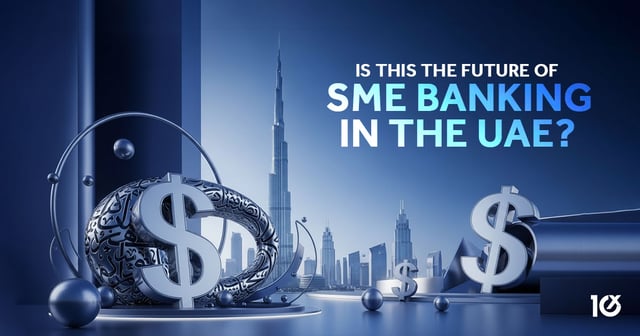Financial sector in the GCC likely to accelerate ESG practices
Sustainability has gained significant traction in financial services over the last few years, moving it centre stage, as it lies driven by a range of stakeholders including governments and regulators, investors, and clients themselves. environmental, social and governance (ESG) are central factors in measuring the sustainability and ethical impact of a company, according to the latest Arthur D. Little report.
Across the GCC region, adoption of ESG requirements is largely optional, but the development of requirements remains ongoing. High performers on ESG come from a variety of countries and sectors, proving that any company can achieve excellence in ESG, including telecom logistics industrials (20 percent), real estate (10 percent), and financials (30 percent).

Today, over 90 percent of global emissions are now covered by Net Zero commitments. In the GCC alone, the financial sector is the largest contributor to the list, indicating that insurance companies have potential to achieve high levels of ESG performance. Overall, GCC companies still have room to grow to meet top global performers with more mature ESG activity. Out of major insurers in the region, only half are disclosing ESG information, yet regional insurers are developing ESG practices and increasing maturity in ESG reporting, with key best practices emerging.
Other major regional public-private organizations are developing frameworks for involvement in ESG finance. Majid Al Futtaim, a leading retail conglomerate in the MENA region with 40+ shopping malls and other developments, is implementing a Green Finance Framework to support its ESG activity. Saudi Arabia’s Public Investment Fund (PIF), a $430bn sovereign wealth fund that has been actively involved in the transformation of KSA, partnered with BlackRock on ESG finance. Next, HSBC and Saudi National Bank have created a Sustainable Finance Framework making Saudi National Bank (SNB) the largest banking group in the Kingdom, creating the first sustainable finance framework. The Red Sea Development Company was recognized as a global ESG leader in the Real Estate sector as sustainability has been a core guiding principle since the inception of the regenerative tourism project.
The Arab Federation of Exchanges currently references three ESG rating systems which cover companies in the region – Refinitiv ESG Score being mostly recommended as it is widely used and directly measures company ESG performance (vs. risk) offering a 97 percent share of MENA sustainability leaders score out of 100 points. Refinitiv rates ESG performance, commitment, and effectiveness across 10 main themes while accounting for industry and company size biases, examples include Aramco (44), Zain (68), and Emirates NBD (35).
Another main ESG rating systems used in the region is S&P, one of the world's biggest rating agencies which recently expanded into the ESG rating segment by combining the ESG profile of a company with the company's readiness to cope with ESG topics; whereas MSCI has developed an ESG index that measures how well a company is prepared for ESG risks.






